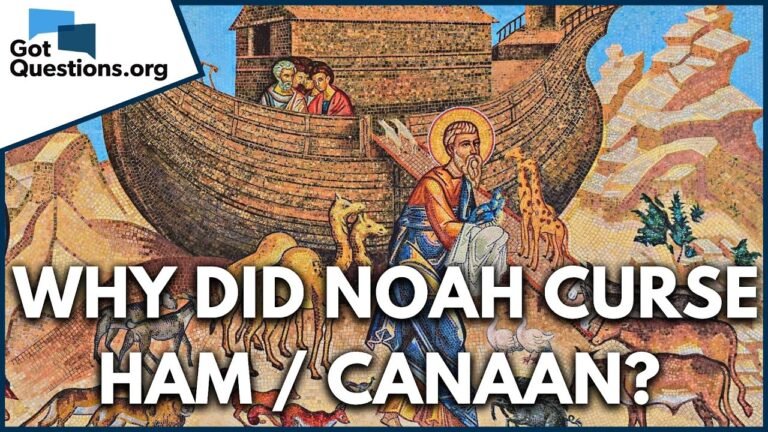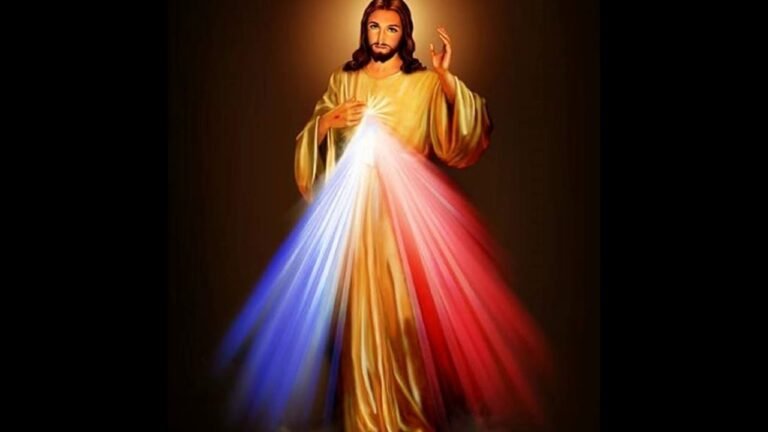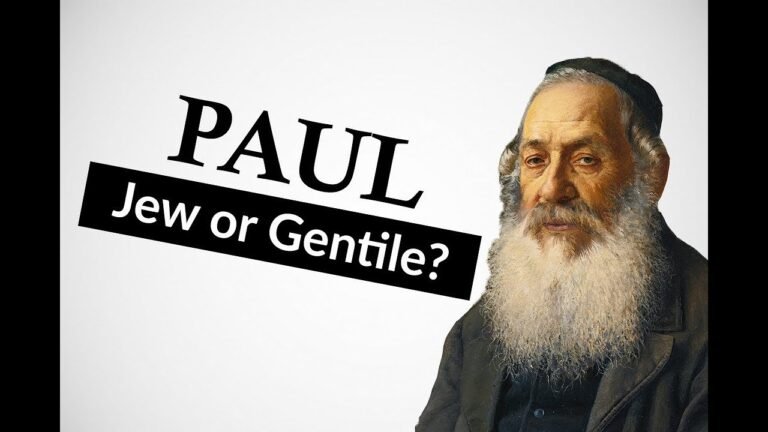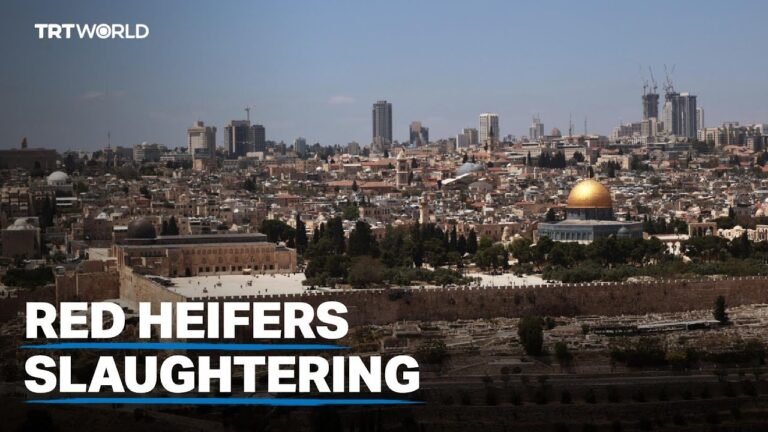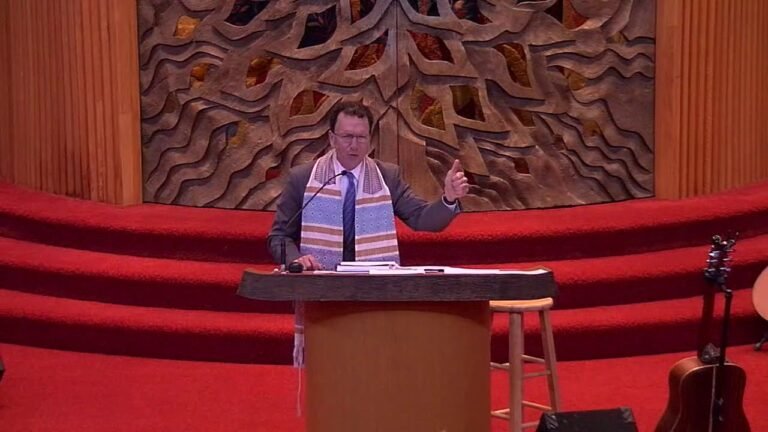The Reasons Behind Noah’s Curse on Canaan
The biblical story of Noah and his curse upon Canaan has intrigued scholars and theologians for centuries, raising questions about its implications and moral lessons. As one of the earliest narratives in the Bible, it not only reflects the complexities of familial relationships but also addresses themes of justice, legacy, and the consequences of sin. Understanding why Noah chose to curse Canaan, his grandson, rather than Ham, his son, invites deeper exploration into the text and its enduring impact on cultural and religious discourse. This article delves into the historical context, interpretations, and significance of this pivotal moment in biblical history.
What is the significance of Canaan in the Bible?
In the Bible, the fate of Canaan is intricately tied to the events following Noah’s drunkenness, as detailed in Genesis 9:20–27. In this account, Noah curses Canaan, leading to what is often referred to as the “Curse of Ham,” a term rooted in the belief that Canaan bore the consequences of his father Ham’s transgressions. However, the narrative has sparked diverse interpretations, with some scholars arguing that Canaan was the one who sinned, making him solely responsible for the ensuing curse. This pivotal moment not only shapes the identity of Canaan but also influences the broader biblical themes of sin and redemption.
Was Canaan a sinful place?
Canaan was marked by a range of practices that were deemed sinful, leading to its eventual judgment. The Canaanites engaged in the worship of false gods, directly violating the first commandment, and also participated in abhorrent acts, including murder and sexual immorality, as integral components of their religious rituals. Such behaviors not only reflected a profound moral decay but also set the stage for their ultimate condemnation.
What was the reason for God’s destruction of Canaan?
The destruction of Canaan is often interpreted as a divine judgment against the practices and behaviors of its inhabitants. The region was characterized by idolatry, moral corruption, and acts that were seen as contrary to the values upheld by the Israelites. In this context, the decision to destroy Canaan was viewed as a means to cleanse the land and establish a community that adhered to a covenant with God, promoting a society based on righteousness and justice.
Furthermore, this act is also understood as a pivotal moment in the narrative of the Israelites’ journey to the Promised Land. By removing the corrupt influences of Canaan, God was not only facilitating the establishment of a new home for His chosen people but also reinforcing the importance of obedience to divine commandments. The destruction served as a stark reminder of the consequences of straying from God’s path, emphasizing the need for commitment and faithfulness in building a society that honors the divine will.
Unraveling the Mystery of a Biblical Curse
Throughout history, the concept of a biblical curse has intrigued scholars, theologians, and laypeople alike, often shrouded in layers of interpretation and debate. These curses, woven into the fabric of ancient texts, serve as cautionary tales that reflect societal values and divine retribution. From the haunting story of Cain to the plagues of Egypt, each narrative encapsulates a deeper moral lesson, inviting readers to ponder the consequences of human actions and the complexities of divine justice. As we delve into these stories, we not only seek to understand the origins and implications of the curses themselves but also to unravel the timeless truths they reveal about faith, morality, and the human condition.
The Historical Context of Noah’s Decree
Noah’s decree, often regarded as a pivotal moment in biblical history, reflects the intersection of divine command and human responsibility. After the cataclysmic flood that reshaped the earth, Noah emerged as a symbol of renewal and covenant, tasked with rejuvenating a world steeped in chaos. His decree served as a foundational guideline for humanity, emphasizing the importance of stewardship over creation and the sanctity of life, principles that resonate through religious teachings to this day.
The societal landscape during Noah’s time was marked by rampant corruption and moral decay, prompting divine intervention through the flood. In this context, Noah’s decree was not merely a response to the past but a proactive measure aimed at preventing future transgressions. By establishing laws that underscored justice and respect for all living beings, Noah sought to cultivate a society rooted in ethical governance, where each individual’s actions contributed to the collective well-being of humanity.
As history unfolded, Noah’s decree became a touchstone for later generations, influencing various cultural and religious narratives. Its legacy highlights the enduring themes of redemption and accountability, reminding us that even in the aftermath of destruction, the potential for renewal lies within the choices we make. This historical context invites reflection on our own responsibilities today, urging us to consider how our actions can shape a more harmonious world for future generations.
Understanding Canaan’s Role in Ancient Narratives
Canaan, often depicted as a land of promise and conflict, plays a pivotal role in ancient narratives, particularly in the context of biblical history. This region, located at the crossroads of ancient civilizations, served as a cultural and economic hub, influencing the stories of various peoples who interacted with it. From the tales of the patriarchs to the conquests described in the Scriptures, Canaan represents both a physical territory and a symbol of divine promise, embodying the aspirations and struggles of those who sought to claim it.
The narratives surrounding Canaan reveal the complexities of identity, belonging, and divine intervention. As different tribes and nations vied for control over this coveted land, their stories intertwined, creating a rich tapestry of human experience. These ancient accounts not only highlight the significance of Canaan as a geographical entity but also reflect broader themes of hope, conflict, and the quest for a promised future, making it a fundamental focal point in the history of the ancient Near East.
Theological Implications of Noah’s Actions
Noah’s actions in the face of impending catastrophe reveal profound theological implications regarding faith, obedience, and divine grace. His unwavering commitment to God’s commands, despite societal ridicule and personal sacrifice, underscores the importance of individual righteousness in a world often swayed by corruption. This narrative not only highlights the covenant between God and humanity, marked by the promise of renewal through the rainbow, but also invites reflection on the nature of redemption and the transformative power of faith. Through Noah’s story, we are reminded that even in the darkest times, steadfast belief and moral integrity can lead to salvation and a fresh start for future generations.
Lessons from a Timeless Biblical Story
The story of David and Goliath serves as a powerful reminder of the strength that can be found in faith and courage. In a world often dominated by seemingly insurmountable challenges, David’s victory over the giant teaches us that even the smallest among us can achieve greatness when armed with conviction and determination. This tale encourages us to confront our own “giants,” whether they be personal fears, societal obstacles, or professional hurdles, by believing in our abilities and embracing the uniqueness of our journey.
Moreover, the narrative highlights the importance of preparation and authenticity. David’s choice of a simple sling and stones instead of traditional armor signifies that success often lies in leveraging our individual strengths rather than conforming to external expectations. By staying true to ourselves and honing our skills, we can navigate life’s battles with confidence. This timeless lesson reminds us that greatness is not measured by stature or resources but by the resolve to face adversity head-on, transforming challenges into opportunities for growth and victory.
The curse of Canaan serves as a profound narrative that intertwines themes of morality, legacy, and the complexities of familial relationships. Rooted in the ancient context of Noah’s story, this event raises critical questions about the implications of actions and the burden of inherited destinies. As we reflect on this intriguing episode, it becomes clear that the lessons drawn from Noah’s curse continue to resonate, prompting deeper exploration into the nature of judgment and the enduring impact of our choices across generations.

